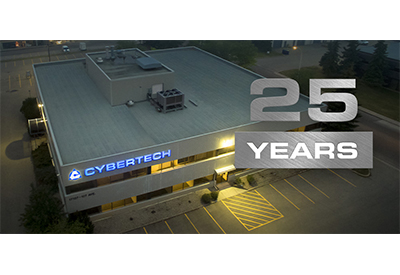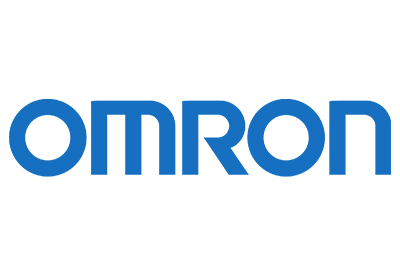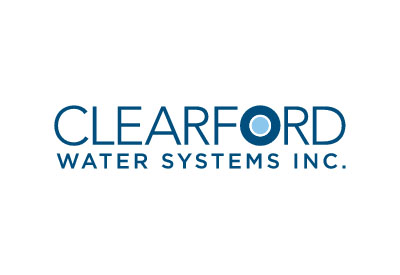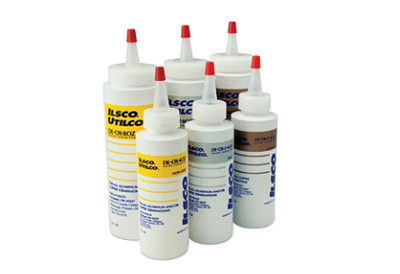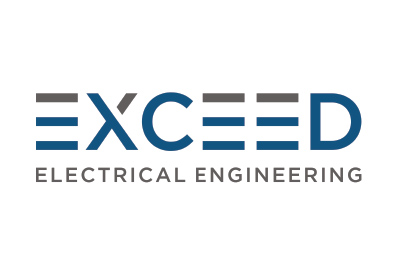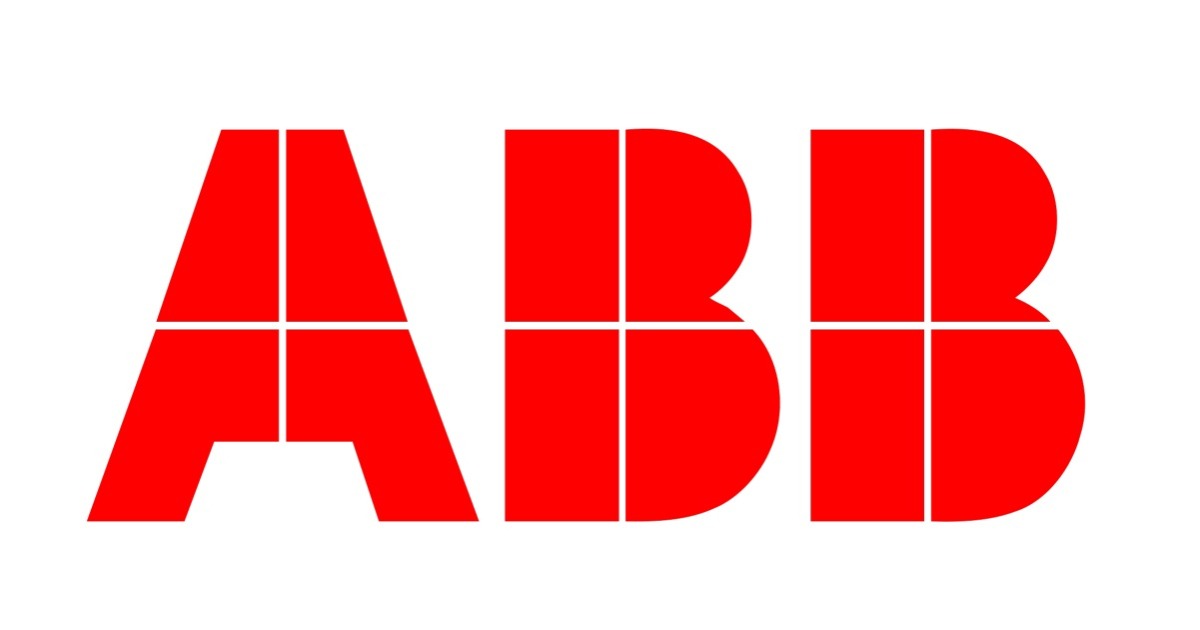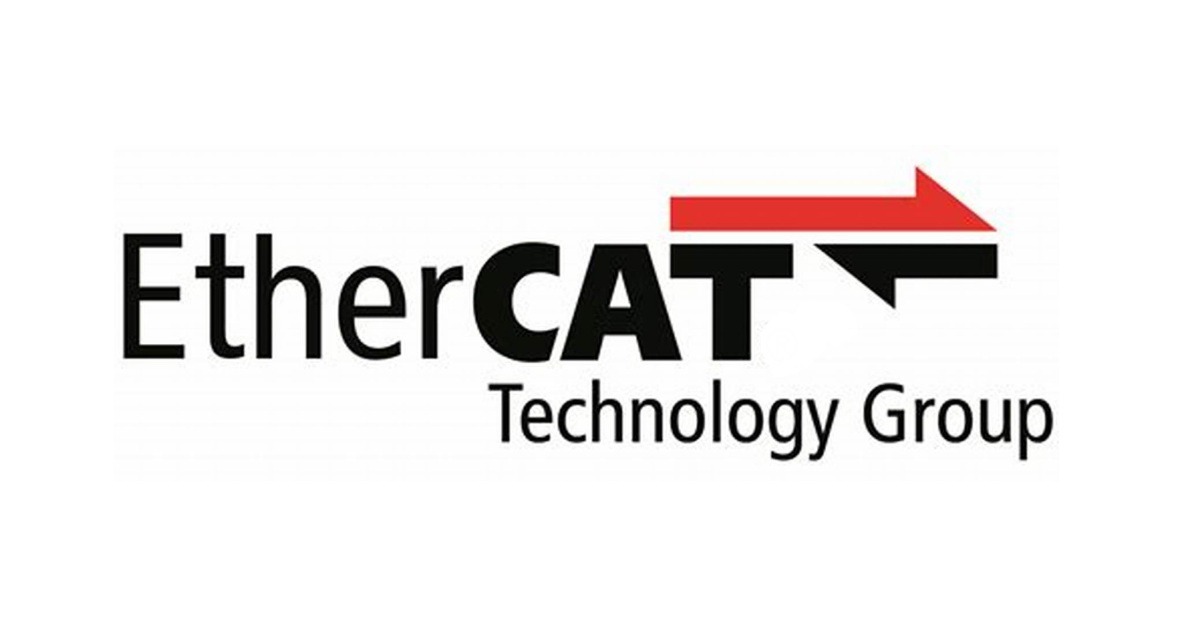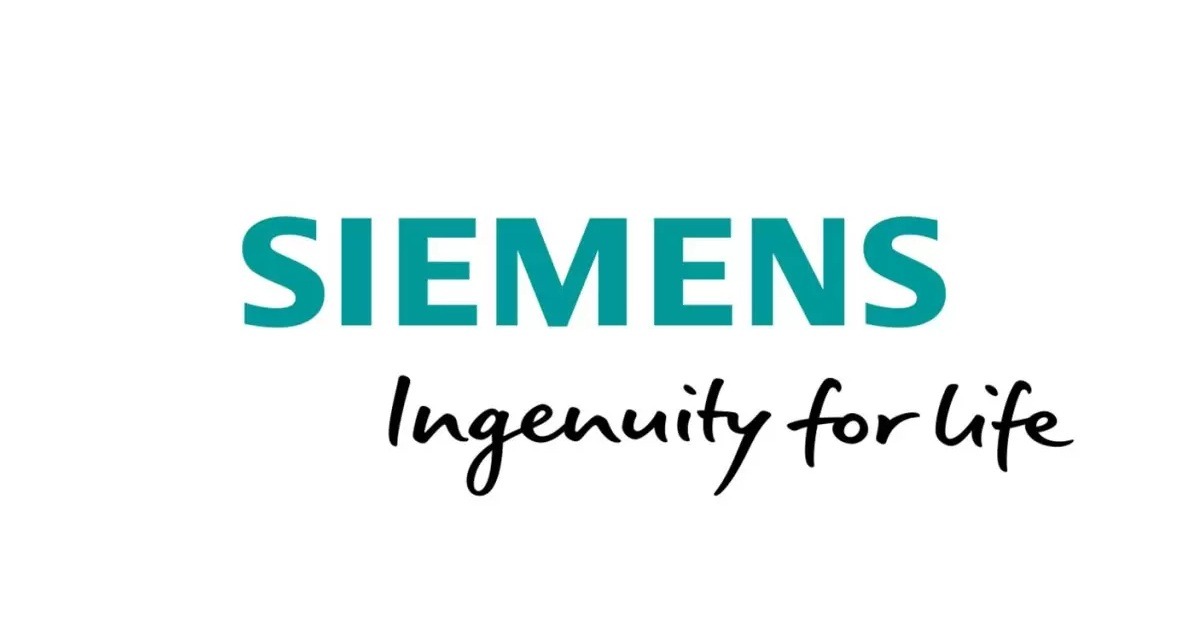MPC Controller Helps EnWIN Reduce main Breaks by 21%
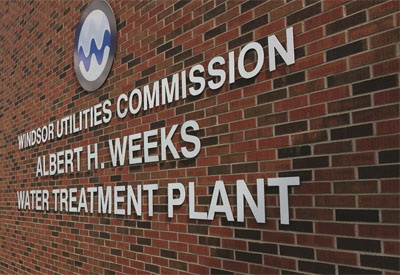
November 10, 2017
Located in the Great Lakes and St. Lawrence River Basin, Windsor, Ontario, is blessed with an abundant water supply. The Windsor Utilities Commission (WUC) prides itself on being a good steward of this resource. With a focus on conservation and system reliability, WUC has consistently reduced water consumption. WUC, which is managed by EnWin Utilities, Ltd., distributes about 48,000 million liters (ML) of water annually to more than 72,000 customers. At the same time, the utility maintains one of the lowest production and distribution costs in Canada.
To sustain an affordable water supply, EnWin utilizes its continuous improvement model to optimize operations through process changes and capital projects. In 2011, the utility installed a new Rockwell Automation supervisory control and data acquisition (SCADA) solution to improve system efficiencies and plant processes. Two years later, EnWin planned to expand system functionality to help mitigate the increasing number of water main breaks throughout the utility’s infrastructure.
Challenge
By late 2012, EnWin was averaging 238 main breaks a year at a cost of about $5,000 each.While water main breaks can be attributed to a variety of factors, the EnWin team determined that a significant number were caused by pressure spikes and dips throughout the system.
Since water is a non-compressible fluid, a change in pressure anywhere in the system is felt throughout the entire infrastructure. Under certain conditions, these pressure fluctuations can cause main breaks. Older water infrastructures, characterized by iron water mains, corroding pipes and soil erosion, are particularly vulnerable to pressure fluctuations. Cold weather conditions exacerbate the problem.
Although EnWin’s capital plan includes continuous maintenance and aggressive replacement of its aging infrastructure, the utility simply cannot replace the entire system fast enough.
“Because we have an older infrastructure, it’s very susceptible to main breaks,” said Garry Rossi, director of water production, EnWin Utilities. “We needed a solution to help us improve the performance of our existing infrastructure until we have the opportunity to replace it.”
The EnWin Utilities distribution system is comprised of two treatment plants, thousands of kilometers of distribution piping, two pumping stations – plus a booster pumping station that is used during high demand periods.
At the pumping stations, pump flow was controlled through simple proportional integral-derivative (PID) logic based on outlet header pressure. Operators monitored elevated tower levels and made adjustments to compensate for demand fluctuations. Pumps were stopped and started manually to adjust the system flows. The booster station was also controlled with PID logic – and started and stopped manually based on system demand and operator judgment.
“PID logic has significant limitations,” said Rossi. “It can only control a single input and generate a single output.” In this case, the high lift pumps were controlled by maintaining a flow set point with fluctuating pressure. Multi-variable elements –such as variable frequency drives, flow control valves, and other incoming pressure data – could not be factored into the control scenario. “We were basically doing what we could with the technology we had,” said Rossi. “The result was inconsistent system pressure – and costly repairs.”
Solution
A possible solution fi rst presented itself in late 2012, when John Stuart, EnWin Utilities vice president of operations, saw a model predictive control (MPC) demonstration at a Rockwell Automation event – Automation Fair.
“When John described the solution, we were all impressed,” said Rossi. “The response time of this technology was particularly attractive. The system could react to multiple variables simultaneously – and make adjustments accordingly.”
This server-based solution collected data at 15- to 16-second intervals. Working with a Rockwell Automation team, EnWin planned to leverage the capabilities of their existing SCADA system – and integrate the MPC controller into the overall solution. The SCADA system is based on a fully redundant, Allen-Bradley® ControlLogix® programmable automation controller (PAC) platform.
Working with a Rockwell Automation team, EnWin planned to leverage the capabilities of their existing SCADA system – and integrate the MPC controller into the overall solution.
The onboard MPC solution enabled EnWin to mitigate pressure spikes from pump stops and starts. “With MPC, we would have the ability to monitor and control the pumping stations based on multiple factors,” said Rossi. “Therefore, we could focus on maintaining consistent pressure throughout the system while maintaining fluctuations in flow demand.”
Phase One: Server-based MPC
To minimize potential service disruptions, EnWin planned to implement the solution in two phases. For Phase One, EnWin installed 17 remote pressure stations across the distribution service area. To maintain consistent pressure throughout the system, minimum pressure constraints were developed for all pressure stations. The remote stations were monitored by the MPC controller, which was also programmed to meet fluctuating system demand throughout the day.
The system was configured to maintain the lowest pressure possible for adequate service throughout the area. The MPC controller managed fl ow by attenuating two running high lift pumps – one at a pump station and one at the booster station. These pumps were controlled by Allen-Bradley PowerFlex® 700 and PowerFlex 7000 variable frequency drives.
The EnWin team commissioned Phase One in June 2013 and began to plan for Phase Two, which would focus on optimizing the main campus header pressure through the addition of modulating flow control valves (FCV’s).
Phase Two: Optimizing MPC with an Onboard Solution
While the initial results from the Phase One implementation were impressive, the Rockwell Automation team hoped to incorporate additional functionality for Phase Two. The server-based MPC solution enabled multi-variable control of the various pressure points in the system as well as variable speed control of running pumps. However, pump start/stop control was not part of the Phase One system.
“We knew we could optimize the system by incorporating pump start/ stop functionality and flow control valves,” said Quin Dennis, application engineer, Rockwell Automation. “But given the existing interval speed, MPC would not be able to make system adjustments quickly enough to mitigate the rapid pressure spikes from pump starts or stops.”
EnWin agreed to work with Rockwell Automation to test a new onboard MPC controller that could dramatically improve interval speed. The prototype solution features onboard MPC functionality in the ControlLogix controller. No separate server or software is required. With the onboard MPC solution in place, interval speed is reduced from 15- to 16- seconds to the 0.5- to 1-second range. Integrated with PowerFlex 7000 medium voltage drives, this highly responsive system can now regulate speed on running pumps – plus off set any pressure spikes that result from starting or stopping them through the integration of adjustable flow control valves. By setting energy cost factors on usage, the system’s embedded optimizer can define medium voltage drive usage explicitly without heuristics. Since energy costs are higher for flow control valve usage, the system ensures the valves remain as open as possible – until the drive’s low flow limit is reached. At that point, the operator is prompted to shut down the pump and the valves take over.
Results
“We welcomed the opportunity to collaborate with Rockwell Automation on testing the onboard MPC solution,” said Rossi. “Ultimately, we commissioned Phase Two in January 2014 – and applied the improved functionality across our main campus and booster station.”
In Phase 3, the utility plans to apply the onboard solution to the remaining pumping station in its system. EnWin has been monitoring solution results since the first phase was applied in June 2013.
“Very early on, we noticed that pressure was no longer spiking up and down – it was consistent,” said Rossi. “System reliability and performance continued to trend in the right direction, but we wanted to be sure we had a good data set before we made any claims.” In late December – backed with six months of Phase One data – EnWin was confi dent the MPC solution was successfully controlling system pressure throughout the service area. Before the solution was applied, EnWin had experienced on average 238 main breaks per year. In 2013, EnWin experienced 187 main breaks – a 21 percent improvement resulting in a cost savings of approximately $125,000.
The utility also reduced average system pressure by 2.8 psi and standard deviation by 29 percent. As a result, EnWin saved an estimated $125,000 attributed to lower electricity cost and system leakage.
Thanks to the enhancements implemented in Phase Two, pump start and stop pressure spikes have been virtually eliminated. “At the beginning of this project we were cautious. We wanted to be sure the technology would perform as stated,” said Rossi. “But the proof is in the results.”
In addition to improving performance, the onboard solution helps contain operational expenditures in other ways as well.
“With onboard MPC, we have reduced the overall cost of our solution,” said Rossi. “Of course, we still pay MPC licensing fees, but we eliminated the cost of an additional server and related licenses.” Rossi concluded: “It’s encouraging that Rockwell Automation develops solutions that not only improve control technology – but help reduce ongoing operational expenses as well.”
Rockwell Automation Case Study: https://www.rockwellautomation.com/global/news/case-studies/detail.page?pagetitle=EnWin-Utilities-Reduces-Main-Breaks-by-21-Percent-%7C-Case-Study&content_type=casestudy&docid=bf7f04749a0e3440a43184f4ef0784e1

